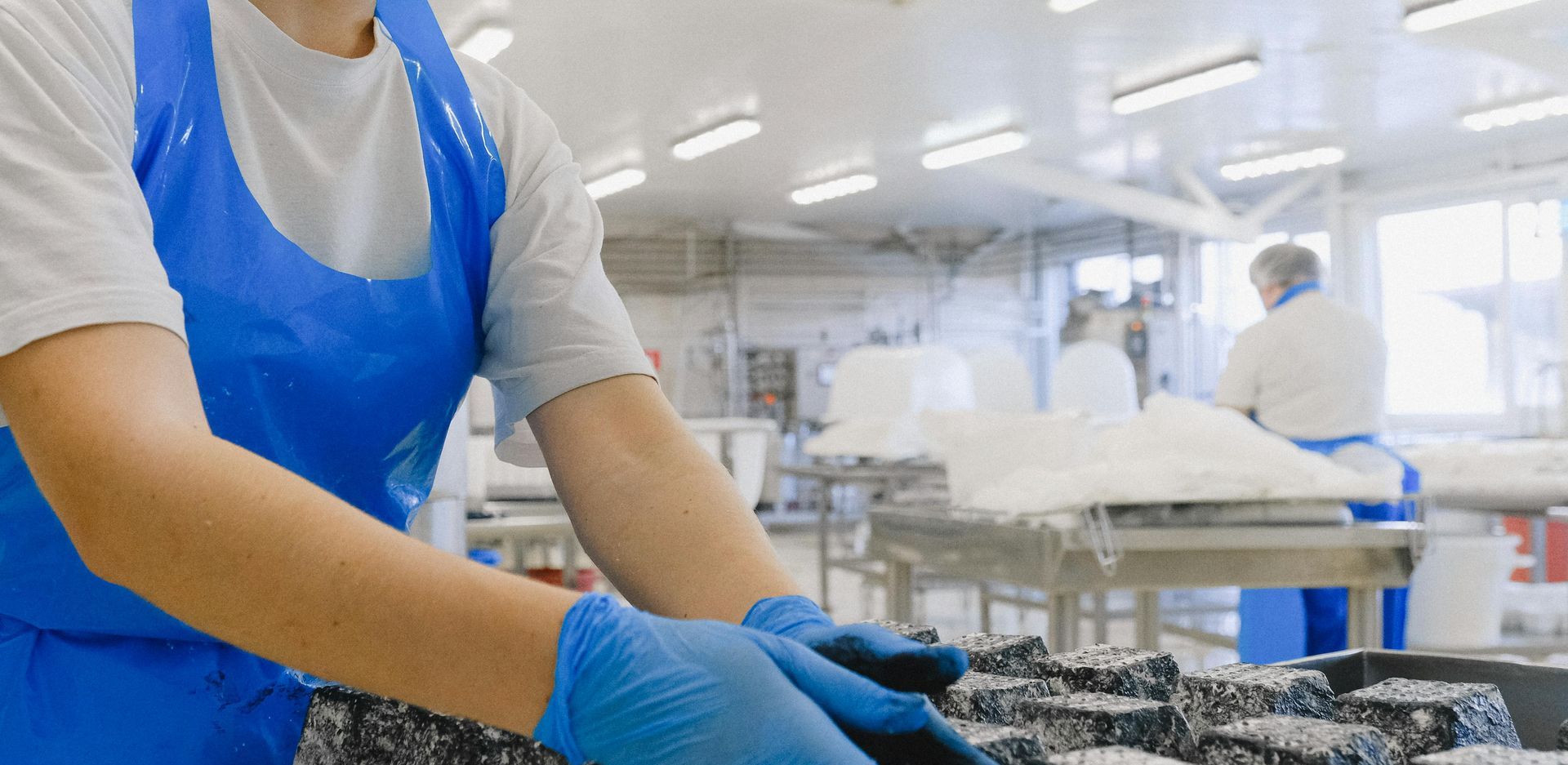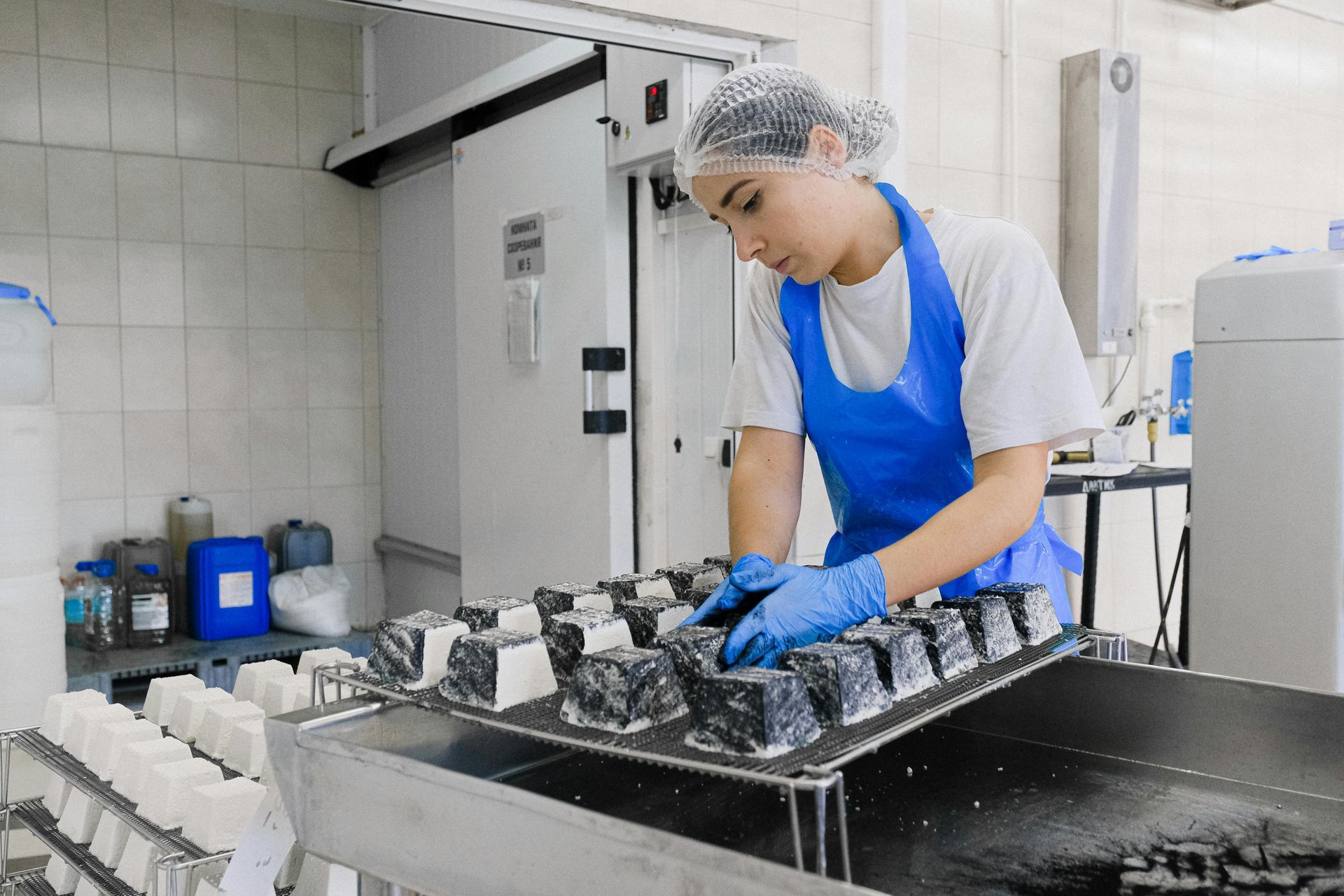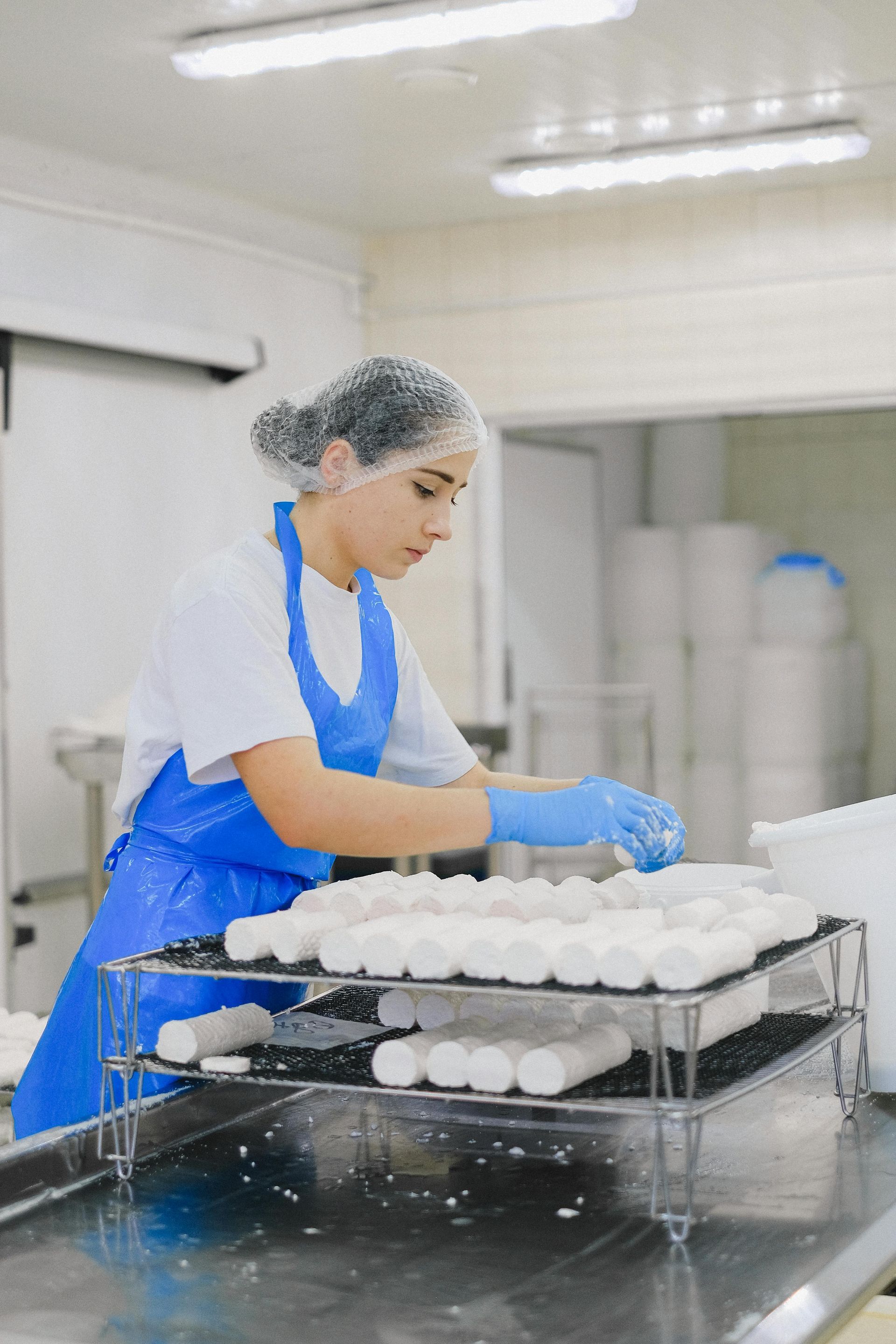Keeping Your Best People: Retention Strategies for UK & Ireland Food Manufacturing
In today's competitive food manufacturing landscape across the UK and Ireland, finding skilled workers is only half the battle.

Keeping them is becoming increasingly challenging, with the sector facing an average turnover rate of 24% - significantly higher than the national average.
Understanding Why People Leave
Recent surveys across British and Irish food manufacturers reveal some interesting patterns. Beyond the obvious pull of higher wages, workers often cite shift patterns, career development opportunities, and work-life balance as key factors in their decision to move on.
The Real Cost of Turnover
When a skilled worker leaves a UK food manufacturing operation, the impact goes far beyond recruitment costs. Consider the hidden expenses: temporary staff coverage (often at premium rates), training time, reduced efficiency, and the strain on remaining team members. For a typical mid-sized manufacturer in the Midlands, this can easily exceed £30,000 per departure.
What's Working Now
Some of the most successful manufacturers across Britain and Ireland are taking innovative approaches to retention. One Northern Irish dairy producer reduced their turnover by 40% through a combination of flexible shift patterns and clear career progression paths. Meanwhile, a Scottish bakery manufacturer has seen similar success by introducing a comprehensive skills development programme.
Making Shifts Work Better
The traditional four-on, four-off pattern isn't working for everyone anymore. Forward-thinking manufacturers are experimenting with different approaches:
- Self-selecting shift patterns where possible
- Shorter shifts during school terms for parents
- Compressed hours options
- Advanced shift scheduling to help with work-life planning
Career Growth That Makes Sense
It's not just about moving up the ladder. Modern food manufacturing careers can branch in different directions:
- Technical specialisation paths
- Leadership development programmes
- Cross-functional training opportunities
- Industry certification support
The Money Question
While salary matters, successful retention strategies in our market go beyond the basic pay packet. Consider:
- Regular market rate reviews
- Performance-linked bonuses
- Skills-based pay progression
- Clear overtime policies
- Enhanced pension contributions
Creating Connection
In post-Brexit Britain and Ireland, building a strong workplace community has become more important than ever. Successful manufacturers are:
- Celebrating team successes
- Creating social connections
- Supporting local community initiatives
- Building cross-departmental understanding
Supporting Work-Life Balance
Even in a 24/7 operation, there are ways to help people balance their lives:
- Predictable scheduling
- Holiday booking systems that work for everyone
- Emergency leave policies that show you care
- Wellbeing support programmes
Technology and Training
As automation increases, supporting your workforce through change is crucial:
- Regular upskilling opportunities
- Clear communication about technological changes
- Support for those learning new systems
- Recognition for adapting to new ways of working
Recognition That Matters
Different things motivate different people. Successful retention programmes often include:
- Skill-based recognition programmes
- Long-service celebrations
- Peer recognition systems
- Team achievement awards
How Circle Foods Can Help
We understand the unique challenges of retention in UK and Irish food manufacturing. Our expertise can help you:
- Benchmark your retention strategies against industry leaders
- Develop competitive packages that encourage loyalty
- Create career development programmes that work
- Build effective retention policies
Let's work together to keep your best people engaged and committed to your success.
Contact our retention specialists:
Whether you're dealing with immediate retention challenges or planning for the future, we're here to help build a stable, committed workforce.
#FoodManufacturing #UKManufacturing #EmployeeRetention #BuiltToWin
Did you know? The UK food manufacturing sector faces a 24% turnover rate - but it doesn't have to be this way.
Some manufacturers are bucking the trend, with one Northern Irish dairy producer cutting turnover by 40%. Want to know their secret?
Read our latest insights on keeping your best people in today's competitive market. We explore what's actually working in UK and Irish food manufacturing retention. Need help building a stable workforce? Let's talk.
📞 01733 798300
#FoodManufacturing #UKManufacturing #BuiltToWin










